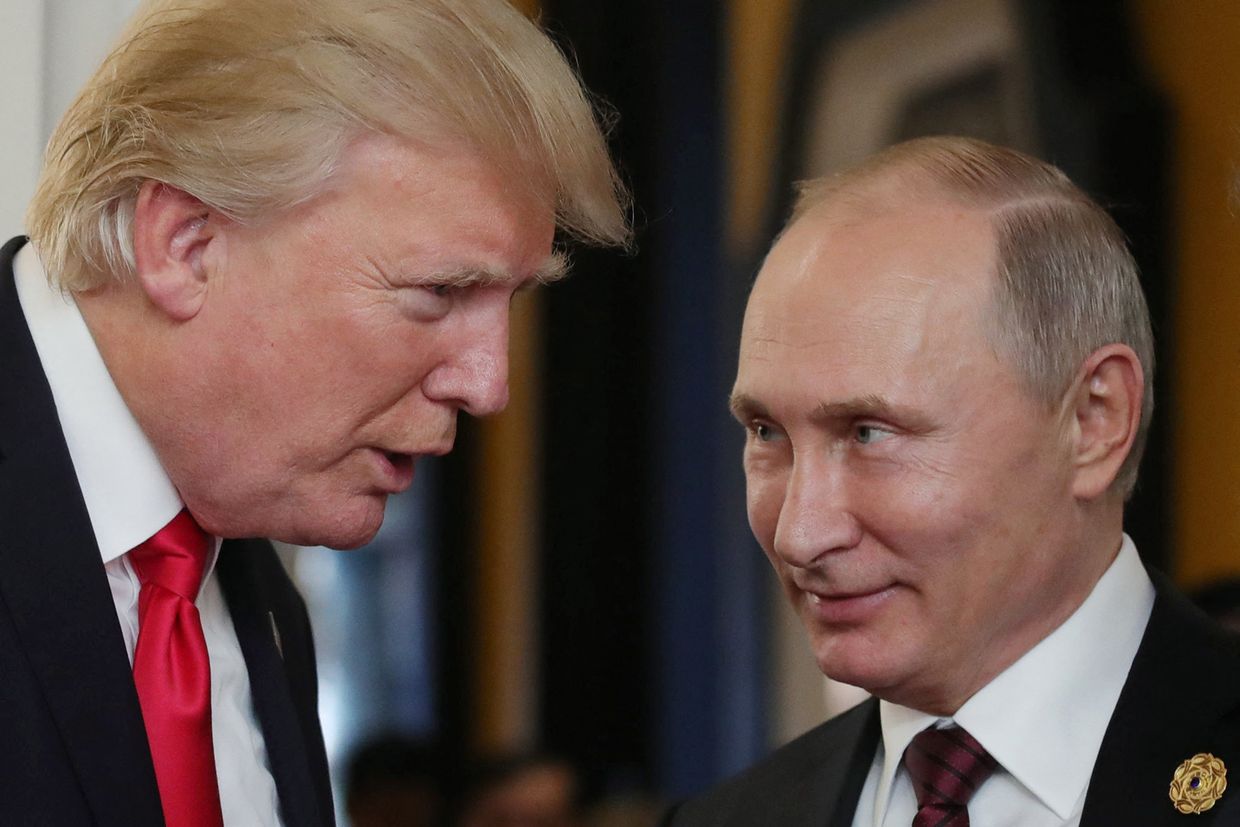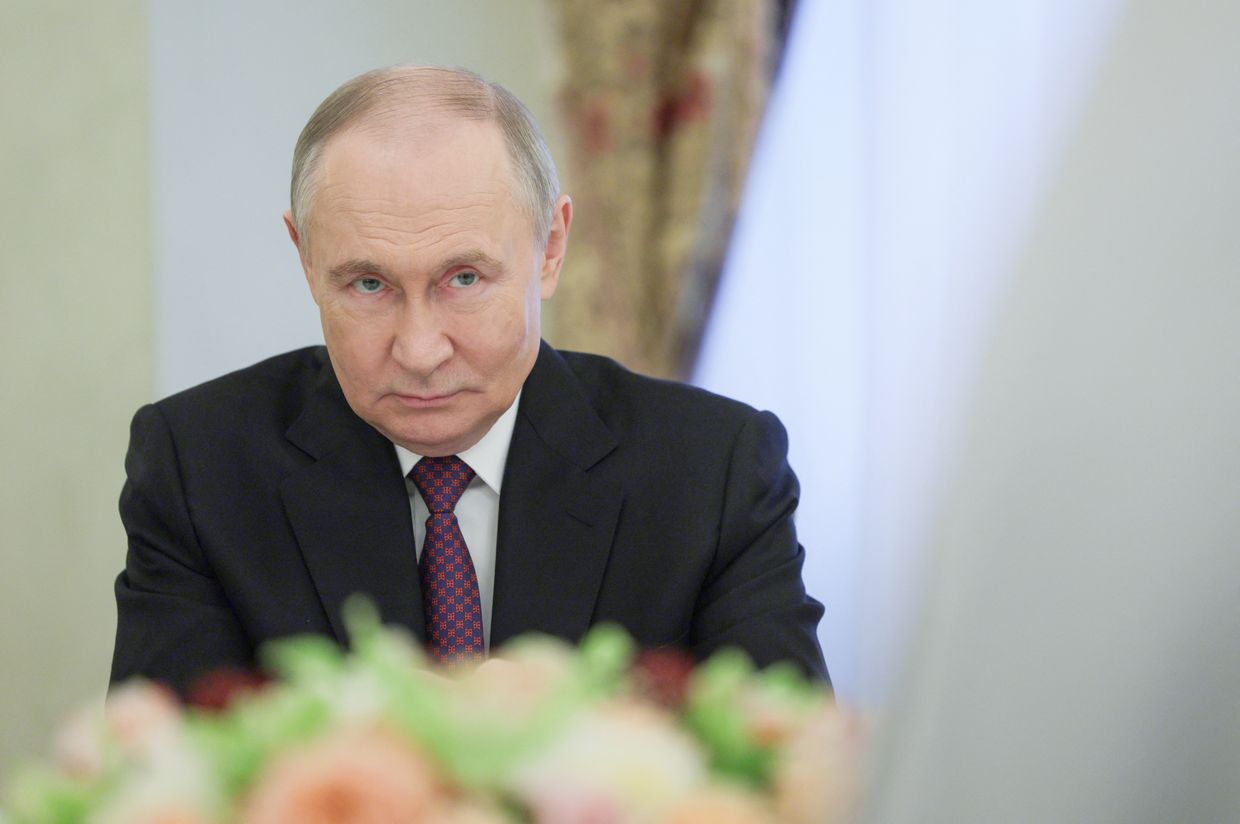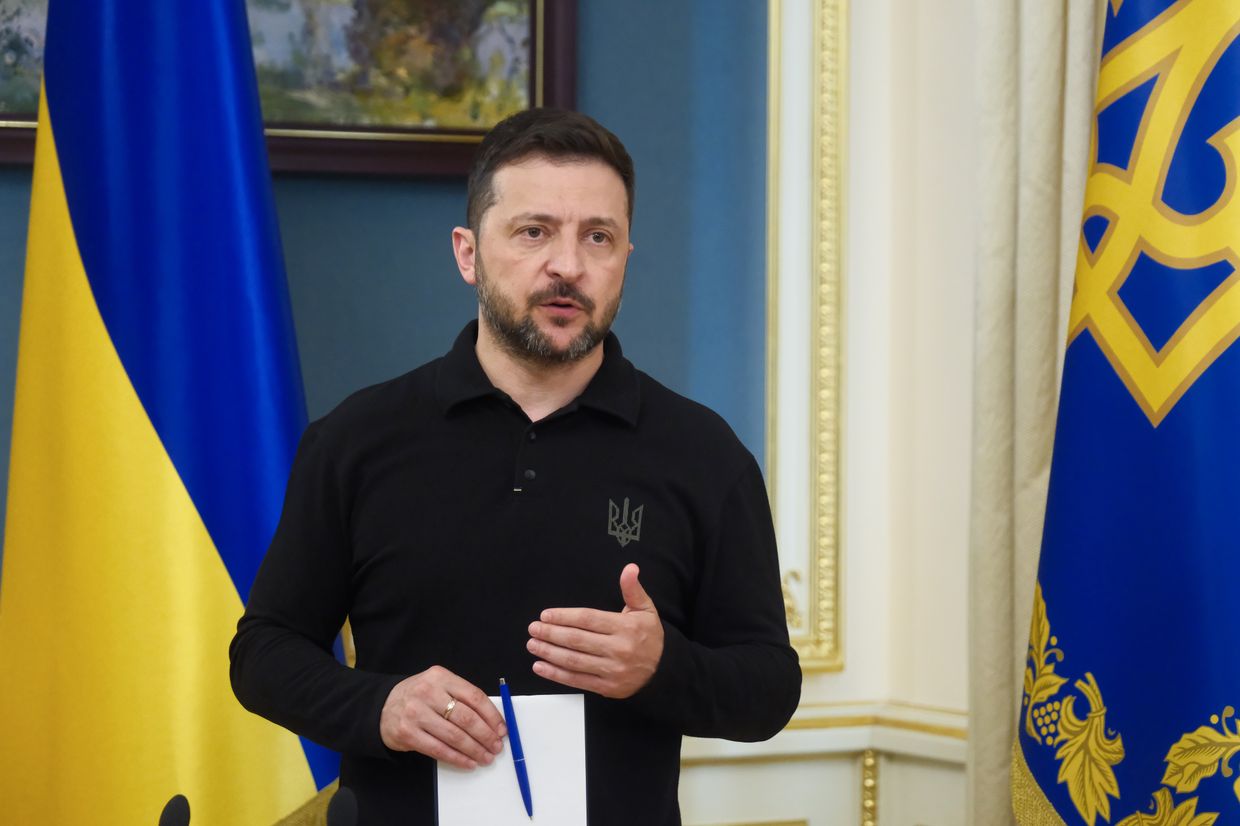The U.S. does not call for reducing Ukraine's military capabilities and is not opposed to a European peacekeeping force in the country, Reuters reported on April 23, citing two undisclosed diplomatic sources.
While these positions contradict Russia's previously expressed demands, the U.S. ceasefire proposal has reportedly also included a demand for major concessions from Ukraine.
U.S. President Donald Trump's "final" ceasefire proposal, handed over to Ukrainian officials last week, includes the U.S. de jure recognizing Russian control over Crimea and de facto control over occupied territories in the Donetsk, Luhansk, Zaporizhzhia, and Kherson oblasts, Axios reported.
Ukraine has already rejected the possibility of recognizing Russian hold over Crimea as legal, after which U.S. and European top ministers moved to skip the upcoming talks in London on April 23.
The meeting is still scheduled to take place on a lower level and in a closed format. The U.S. delegation will be led by Special Envoy for Ukraine Keith Kellogg.
Russia has repeatedly called for the reduction of Ukraine's Armed Forces, a demand strictly rejected by Kyiv and its European allies. Moscow has also opposed a peacekeeping force in Ukraine made up of NATO members, though not ruling out international monitors from "third-party" countries.
The ceasefire talks appear to be on a tight schedule, as the Trump administration has said it will abandon the effort unless tangible progress is made soon.
Reuters' diplomatic sources were skeptical about the possibility of a peace deal this week, as Trump suggested earlier. One European official reportedly said that Rubio grows concerned that Ukraine might revert to its "tough positions," making a breakthrough difficult.
Trump’s reported ‘final’ ceasefire offer includes accepting Russian occupation, few benefits for Ukraine
The U.S. reportedly presented its peace proposal last week during a meeting with Ukrainian officials in Paris.


.png)
 German (DE)
German (DE)  English (US)
English (US)  Spanish (ES)
Spanish (ES)  French (FR)
French (FR)  Hindi (IN)
Hindi (IN)  Italian (IT)
Italian (IT)  Russian (RU)
Russian (RU)  4 hours ago
1
4 hours ago
1









Comments